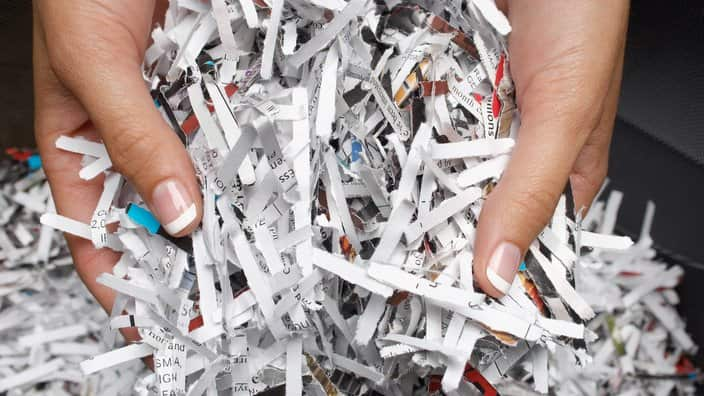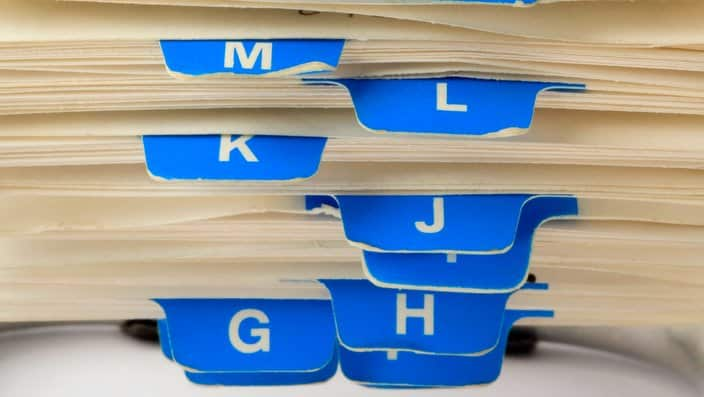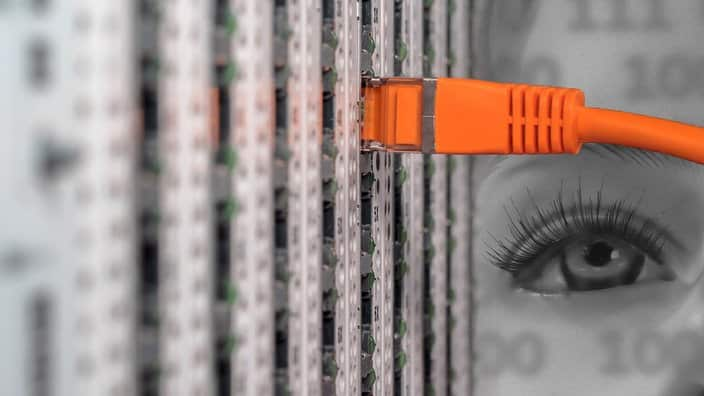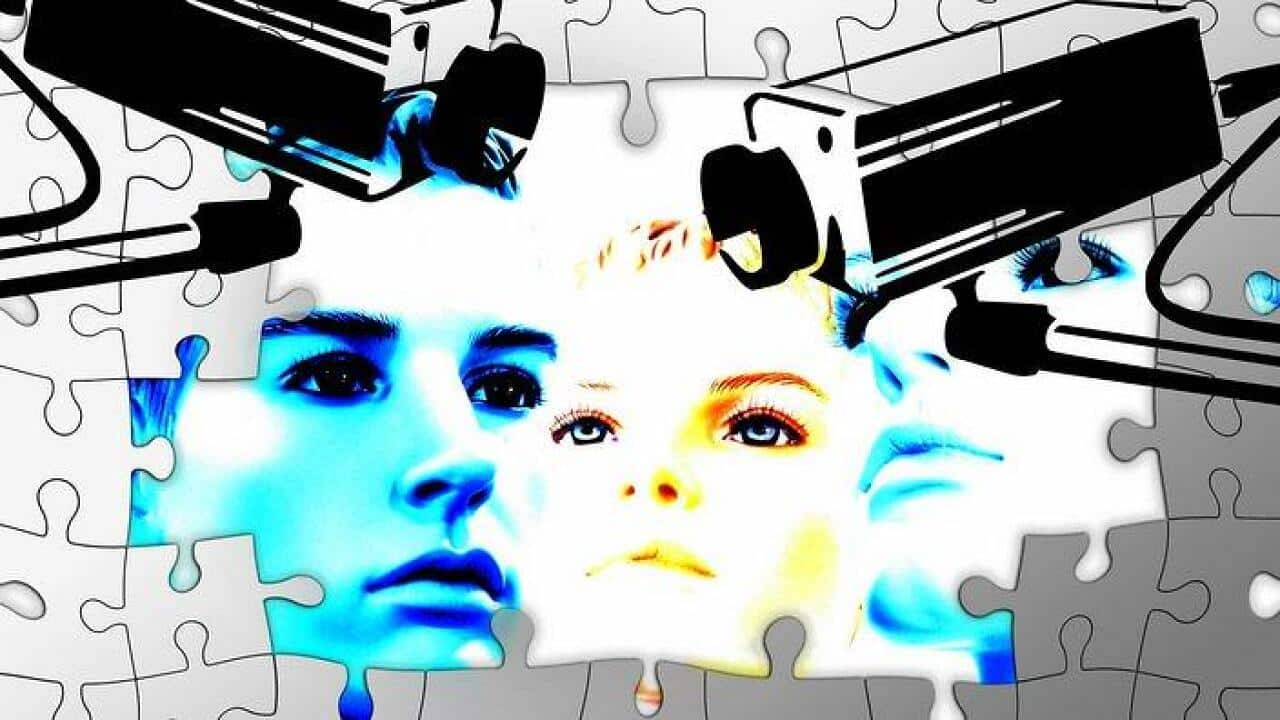1. Law protects the privacy of your information
Under the Census and Statistics Act 1905 the personal information you provide in the census remains strictly confidential to the ABS. The ABS never has and never will release identifiable census data.

Source: Getty Images
2. The ABS will destroy names and addresses when there is no longer any community benefit to their retention or four years after collection
The ABS has and will always ensure that sufficient safeguards are in place to protect the privacy and confidentiality of the information it collects in the census, including names and addresses.

Source: AAP
3. The ABS has legal obligations to keep data secure and ensure that it does not disclose identifiable information about a person, household or business
The security measures in place have been independently tested and reviewed to ensure that your personal information is secure. Key measures to safeguard information include strong encryption of data, restricted access on a need-to-know basis and monitoring of all staff, including regular audits.

Source: Pixabay (Pubic Domain)
4. After data collection and processing, the ABS removes names and addresses from other personal and household information
Names and addresses will be stored securely and separate from one another. No one working with census data will be able to view your personal information (name or address) at the same time as your other census responses (such as age, sex, and occupation, level of education or income).

Source: Ragnar Schumck/Getty Images
5. Stored separately and securely, individuals’ names will also be substituted with a linkage key, a computer generated code, completely anonymising the personal information

Source: Pixabay/Public Domain
To request a paper form call 1300 214 531.
If you need a translator call 13 14 50.
Share

